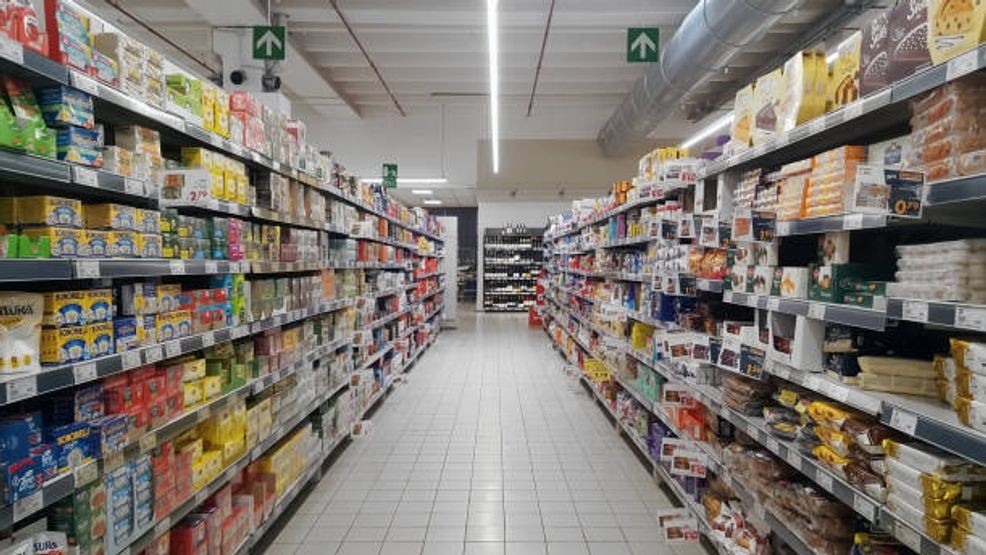SAN ANTONIO – President-elect Donald Trump plans to impose tariffs of 25 percent on all imports from Mexico and Canada once he takes office.
So how will this affect us locally?
“Anything that we’re importing from abroad, if you place a tariff on it, you can expect the price of that thing to go up,”
Taylor Collins, Chair of the Department of Economics and Management at The University of the Incarnate Word shares what can be increased.
“Steel is really the big one that extends beyond Canada, New Mexico, but more internationally, anything in the manufacture, manufacturing sector, we’re very heavily dependent on manufacturing, pharmaceutical sector, same thing,” said Collins.
Collins says the tariffs aim to boost domestic job production and supply chain security.
“We saw during COVID, we were very dependent upon other countries around the world for the goods that we need. If we produce more of those goods here, it gives us more resiliency, more protection if they are changing dynamics internationally,” he said.
Ray Perryman, President of Perryman Group says if the tariffs last, they’ll be a detriment for Texas.
“We tried to model a little bit just last week when they were talking about 10% tariffs across the board, and that would add about eight-tenths of 1% a year to inflation, so roughly about 1% to your cost. If they did 20% tariffs, it would add over 2% to your cost for the typical consumer,” said Perryman.
Mexico’s president says they will retaliate, warning that tariffs would cause inflation and job losses in both countries.
“Any country we impose significant tariff zone is going to retaliate that can lead to trade wars that are detrimental to our manufacturers here in the United States,” he said.
We also reached out to Greater SATX who provided a statement saying in part: San Antonio plays a pivotal role in the U.S.-Mexico trade relationship, serving as a critical hub for the movement of goods between the two nations.
Adding this robust trade partnership has a direct impact on the regional and Texas economy, with trade with Mexico supporting approximately 466,000 jobs statewide.
Perryman also says the tariffs are paid in the U.S.
If you go overseas and buy something and then you bring it back, you pay the tariff when you go through customs.
